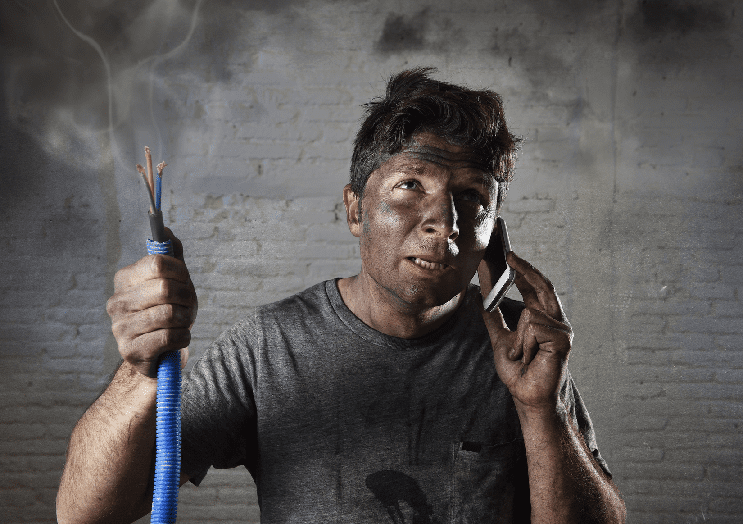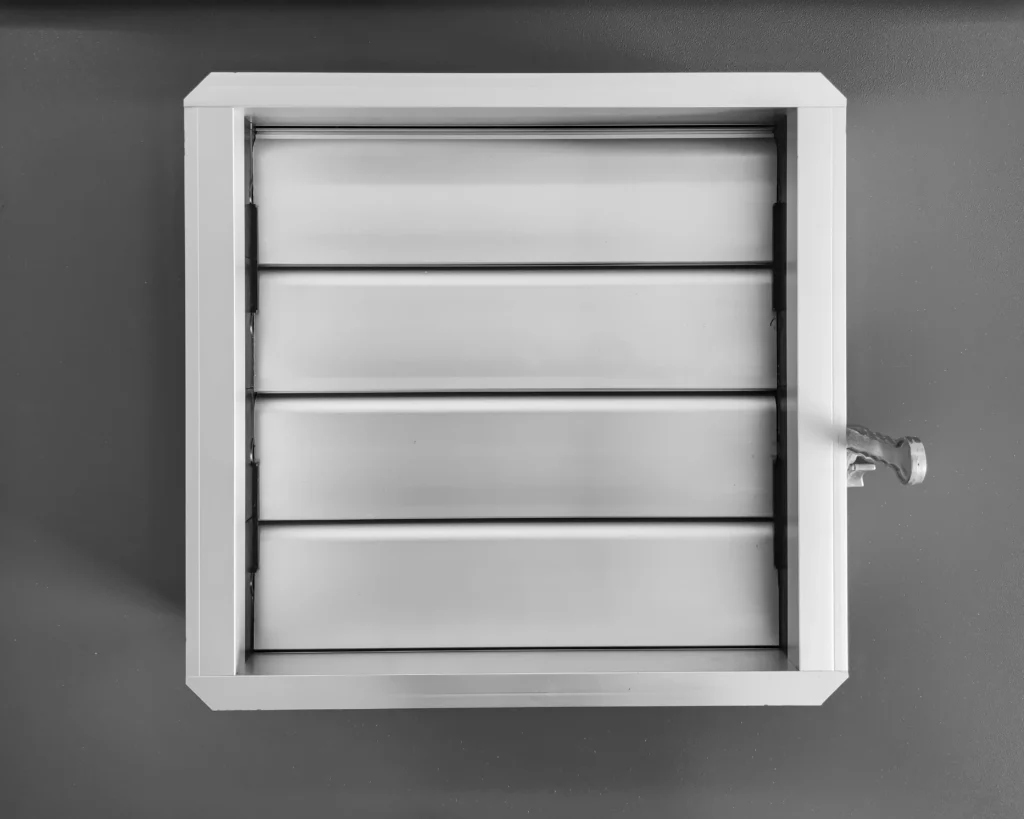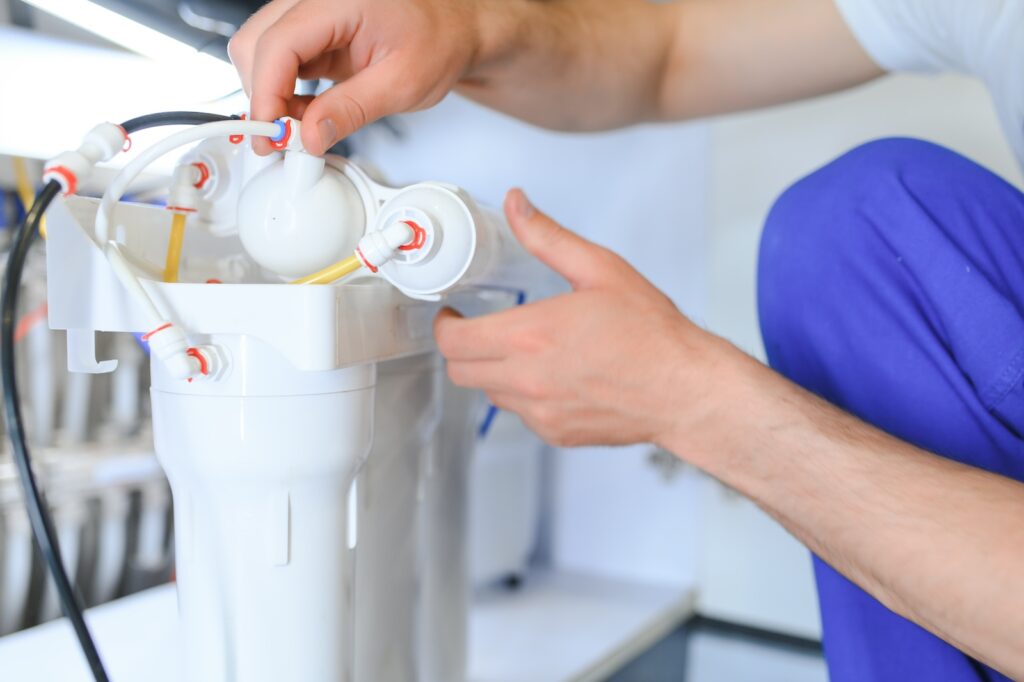
Blog
HVAC is Not DIY

DIY. A great concept for trying your hand at building a coffee table or turning an ordinary jar into a colorful centerpiece for the living room. But there are a few things that really require the technical know-how of a trained professional. When something goes wrong in the home, it's tempting to try doing it yourself. Unfortunately, this approach often leads to costly damages and dangerous situations when dealing with HVAC units.
High Voltage Electricity
What you don't know will hurt you. These units are highly technical and utilize a large amount of voltage electricity. It's best to stay away from these levels of electricity without knowing what can hurt you or even kill you. Doing it yourself is not worth the risk of potentially deadly consequences.
Chemical and Refrigerants
Heating and cooling appliances utilize chemicals and refrigerants most of us are unfamiliar with. Handling these chemicals can be deadly if the proper precautions are not followed. Proper training and safety gear is essential to make sure no one is injured by or exposed to deadly chemicals used in these systems. Handling these chemicals also requires certification.
Tools of the Trade
You wouldn't try to build a table without a hammer and a saw. The same is true for HVAC repair. Specialized, professional tools are used to correctly identify and repair problems. Without these tools you run the risk of creating even more damage to the unit. Professional technicians don't just come with experience, training and knowledge, they come prepared with tools specifically made for fixing problems.
Small Fix to a Bigger Issue
What might seem like a small issue to you could really be a symptom of a much larger issue. Even more challenging is diagnosing the real problem with the symptoms masked. If there is an issue with your unit, have a technician take a look to ensure that you aren't just patching an issue that will eventually become a costly, dangerous and inconvenient problem down the road.
Irreparable Damage
Small problems can quickly become big problems. The most dangerous decision is trying to fix something you don't know how to fix. One wrong decision and your left with more damage than you started with. The more you attempt to repair, the higher the risk of damaging a unit beyond repair.
Appropriate Size For Your Home
Without the knowledge of a trained technician, it's difficult to know what your home really needs in terms of size and capacity of your HVAC unit. Making these decisions alone leads to overspending on a unit ill-fitted for your home. When considering a new unit, do your research, but consult a certified technician to help you make the right choice for your space. In the end, a brief consultation at minimum will ensure you're making the best choice for best efficiency and comfort for your needs.
The good news is that for the handy personality type, there are still plenty of things you can do to maintain and service your unit. General maintenance and cleaning are essential for an efficient and healthy system. The next time you want to do a little work on your system, take on one of these tasks.
General Cleaning , Clean and check your filters, change them when necessary and keep your unit running at tip-top shape. This can, and should, be done frequently to make sure the air in your home is clean and your unit isn't working any harder than it needs to. Clear out leaves and branches and maintain clear space around the unit.
Battery Check , If you don't already have a carbon monoxide detector, go get one. Today. If you do, go check the batteries when you get home. A detector with bad batteries is just as useless as not having one at all. Check that your detector is in good working order monthly to make sure your home and family are safe from poisonous gas.
By hiring a professional for the big stuff and doing regular maintenance checks of what you can handle, you'll have a safe and efficient HVAC unit.
Chapman Heating, Air Conditioning, and Plumbing, your source for qualified hvac repair and installation










